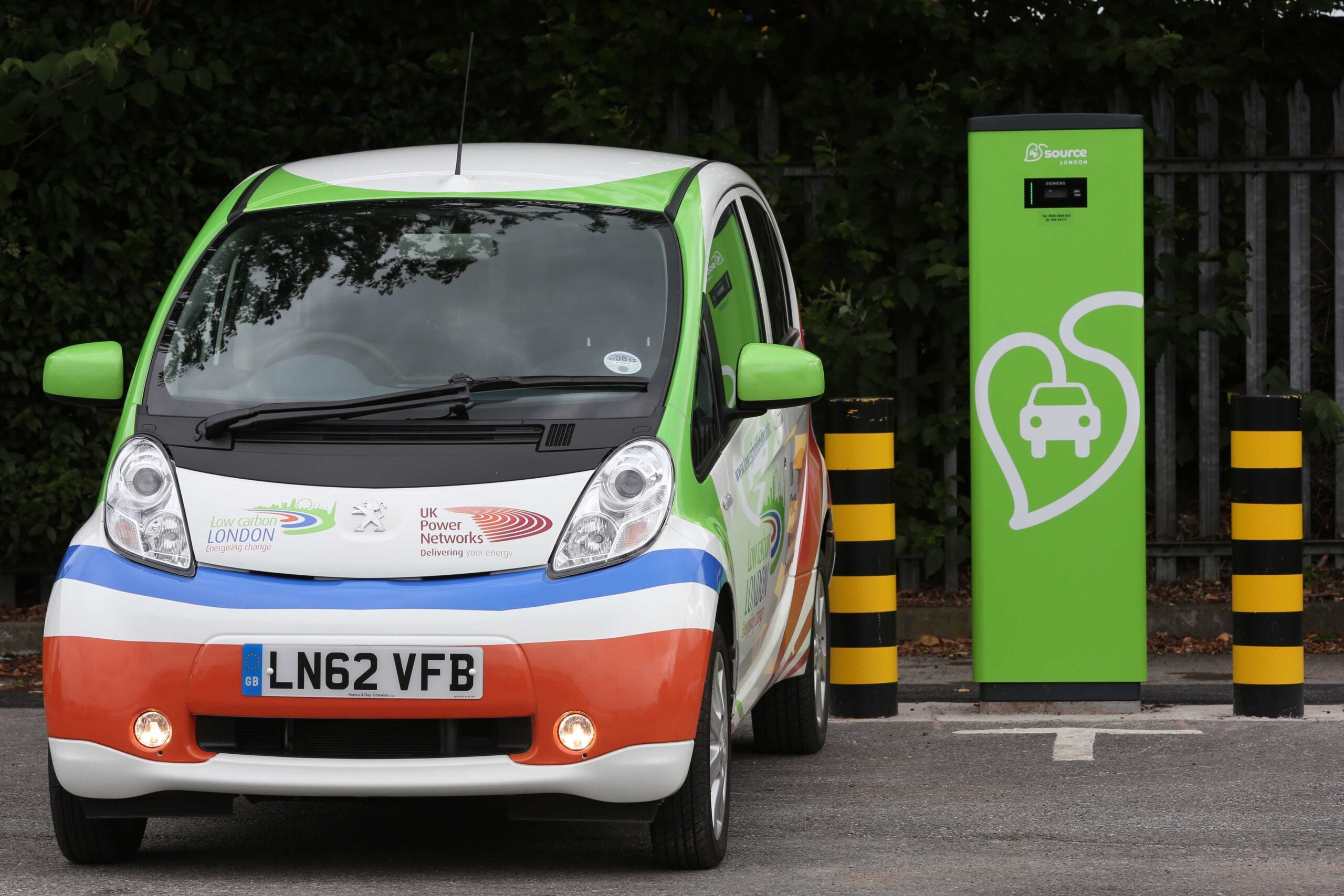The UK is behind on electric vehicle infrastructure, with insufficient charge points to charge vehicles, or mechanics to fix them.
According to 2018 research from the Institute of the Motor Industry (IMI) in the UK, there is a significant shortfall in electric vehicle charging points and mechanics that are trained to work on hybrid and electric cars.
The IMI states that only 3% of mechanics in the UK are qualified to work on electric cars, the vast majority of whom are based in franchised dealerships. This significantly reduces both the capacity of the vehicle repair network and consumer access to local independent garages.
Another serious problem for the industry is that electric charging infrastructure is severely lacking, with only one public charging point available for every 8 hybrid and electric vehicles on the road at present.
The IMI states that this ratio is already well short of where it needs to be. There are approximately 18,000 charging points across 6500 locations. By comparison, Japan has already installed 40,000 charging points, which is more than the number of fuel stations in the country.
Hybrid and electric vehicle sales are strong
These statistics are concerning for the UK because hybrid and electric vehicle sales are very strong, yet UK infrastructure is not sufficiently developed to support the current rate of growth.
MarketLine analysis shows that in 2017 electric and hybrid vehicles sales grew by 38% year on year. 2018 is expected to show an even higher rate of growth due to the rapid collapse of diesel sales in the UK, estimated to be 30% fewer in 2018 than 2017 according to the SMMT.
Electric and hybrid vehicles sales growth UK 2013-2017

| SOURCE: MarketLine |
Factors such as improved emissions results, company car tax incentives and improved fuel economy results are increasingly convincing consumers to purchase vehicles with electrified drive trains. But this transition in the UK is not being helped by a lethargic and inadequate infrastructure network, which makes efficient use of these vehicles more difficult.
More options, but more problems
Worse still, the period between 2020 and 2022 is expected to be a turning point from the perspective of manufacturers, when the number of electric models is forecast to accelerate significantly. Volkswagen, for instance, expects to release a new electrified model every month in 2022.
Zap Map, a charge point locator in the UK, estimates that 60% of chargers in the UK are categorised as ‘fast’ which is a slower charging technology then the current standard, which is ‘rapid’. If battery powered electric vehicles become the industry standard over the next four years the UK will need to rapidly improve the size and speed of its charging network.




